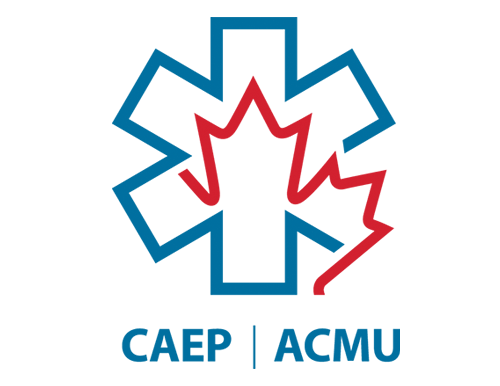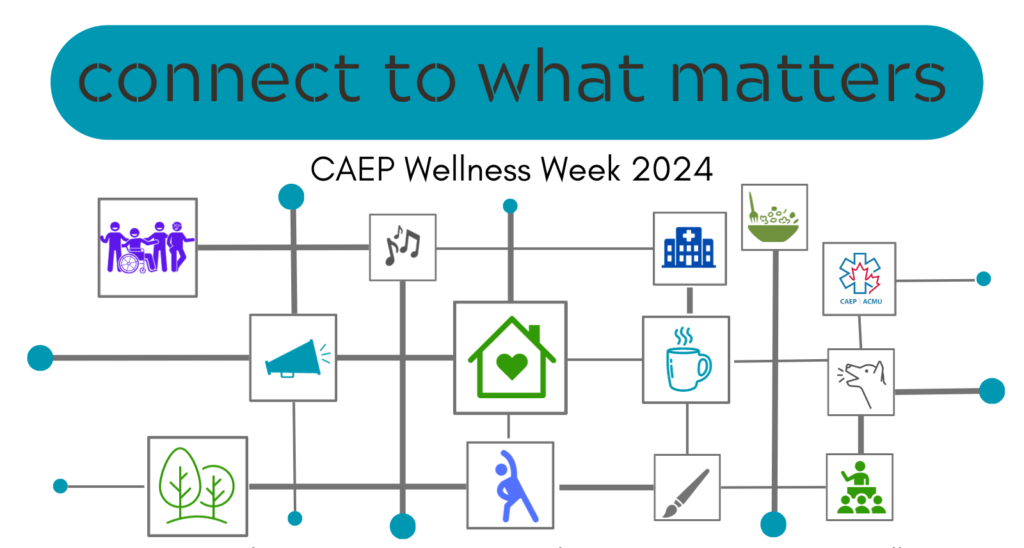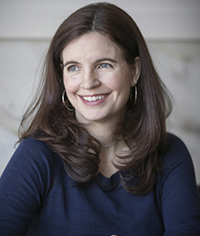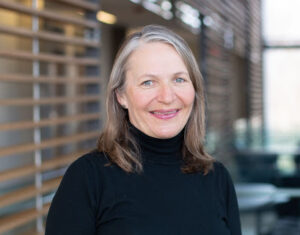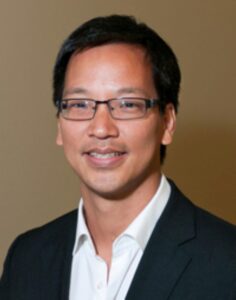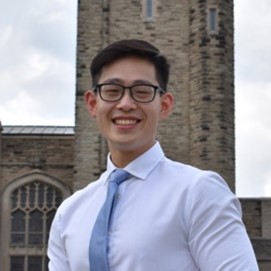Connect to What Matters: Welcome to Emergency Medicine Wellness Week!
Emergency Medicine Wellness Week is an essential reminder of the critical role played by emergency medicine physicians in our healthcare system. It’s also an opportunity to reflect on the current state of emergency medicine, including its pros and cons. In this post, we will explore the challenges and rewards that emergency medicine professionals face daily, emphasizing the importance of connecting to what truly matters in this demanding field. And we’ll give you a sneak peek for what’s coming later in the week!
The Upsides of Emergency Medicine:
- Lifesaving Interventions: Emergency medicine provides the unique opportunity to save lives and make a significant impact on patients in their most critical moments. The ability to act swiftly and decisively is a source of immense pride and satisfaction for emergency medicine physicians.
- Novelty: Emergency physicians encounter a wide variety of cases, from trauma and acute illnesses to minor injuries and psychiatric crises. This diversity keeps the profession intellectually stimulating and ensures that no two days are the same.
- Rapid Problem Solving: The fast-paced nature of emergency medicine requires physicians to think on their feet and make crucial decisions quickly. This constant problem-solving cultivates adaptability and sharpens clinical skills.
- Teamwork: Collaboration is integral to emergency medicine. Physicians work closely with nurses, paramedics, allied health, and specialists to provide the best care possible. The camaraderie and support within the team can be immensely rewarding.
- Community Impact: Emergency departments often serve as the first point of contact for individuals in crisis. This makes emergency medicine physicians vital community healthcare providers, offering immediate care and guidance when needed most, particularly for marginalized populations.
The Challenges of Emergency Medicine:
- High Stress and Burnout: The relentless pace and pressure of emergency medicine can lead to high levels of stress and burnout. Long hours, frequent overnight shifts, and exposure to trauma take a toll on both mental and physical well-being.
- Emotional Toll: Dealing with patients in critical conditions, witnessing suffering, experiencing violence and sometimes losing patients is emotionally taxing. This emotional burden can impact the mental health of emergency medicine professionals.
- Paperwork: Increasing administrative tasks, such as documentation and regulatory compliance, can detract from the time emergency physicians spend with patients, leading to dissatisfaction.
- Resource Constraints: Many emergency departments face resource shortages, overcrowding, and insufficient staffing, which can hinder the delivery of quality care and increase stress levels for healthcare providers.
Connecting to What Matters:
In the midst of the challenges and rewards that emergency medicine offers, it’s crucial for emergency physicians to connect to what matters most in their professional lives. Over the next week, we will bring you posts on connecting to what matters most outside the ED, people you know (and don’t!), peer support networks, and an end-of-week wrap up!
Emergency medicine is a profession that demands a lot from its practitioners, but it also offers profound rewards in terms of patient impact and clinical excitement. As we celebrate Emergency Medicine Wellness Week, let us remember to connect to what truly matters—our well-being, our patients, and our passion for saving lives. By addressing the challenges and nurturing our strengths, we can continue to provide excellent care in the emergency department while prioritizing our own health and happiness.
